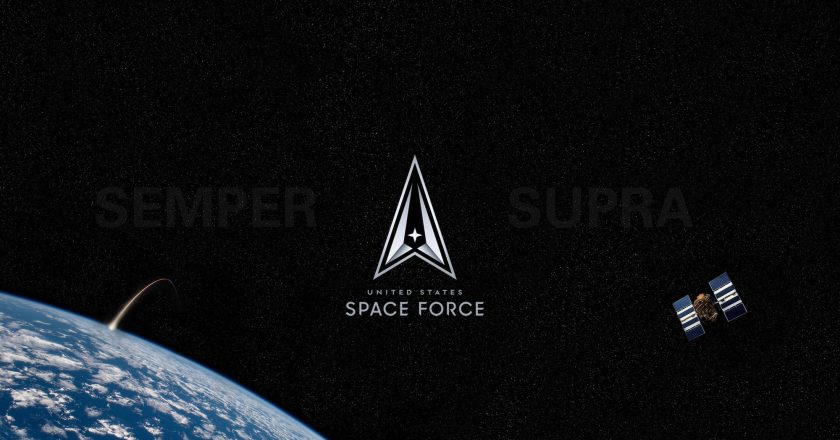NSIC changes commanders, redesignated Field Operating Agency > United States Space Force > Article Display
WRIGHT-PATTERSON AIR FORCE BASE, Ohio (AFNS) -- In a dual ceremony, Space Delta 18—the National Space Intelligence Center—changed commanders and was redesignated as a field operating agency of the U.S. Space Force during a ceremony June 28, 2024.Lt. Gen. David Miller, Jr., Space Operations Command commander, presided over the ceremony, recognizing the achievements of the unit’s first commander, Col. Marqus Randall, who assumed the position when NSIC first stood up in June 2022.
“Marqus, your leadership has been nothing short of extraordinary,” Miller said. “Starting with a team of just 24, you've masterfully built it to over 450, to really ta...




